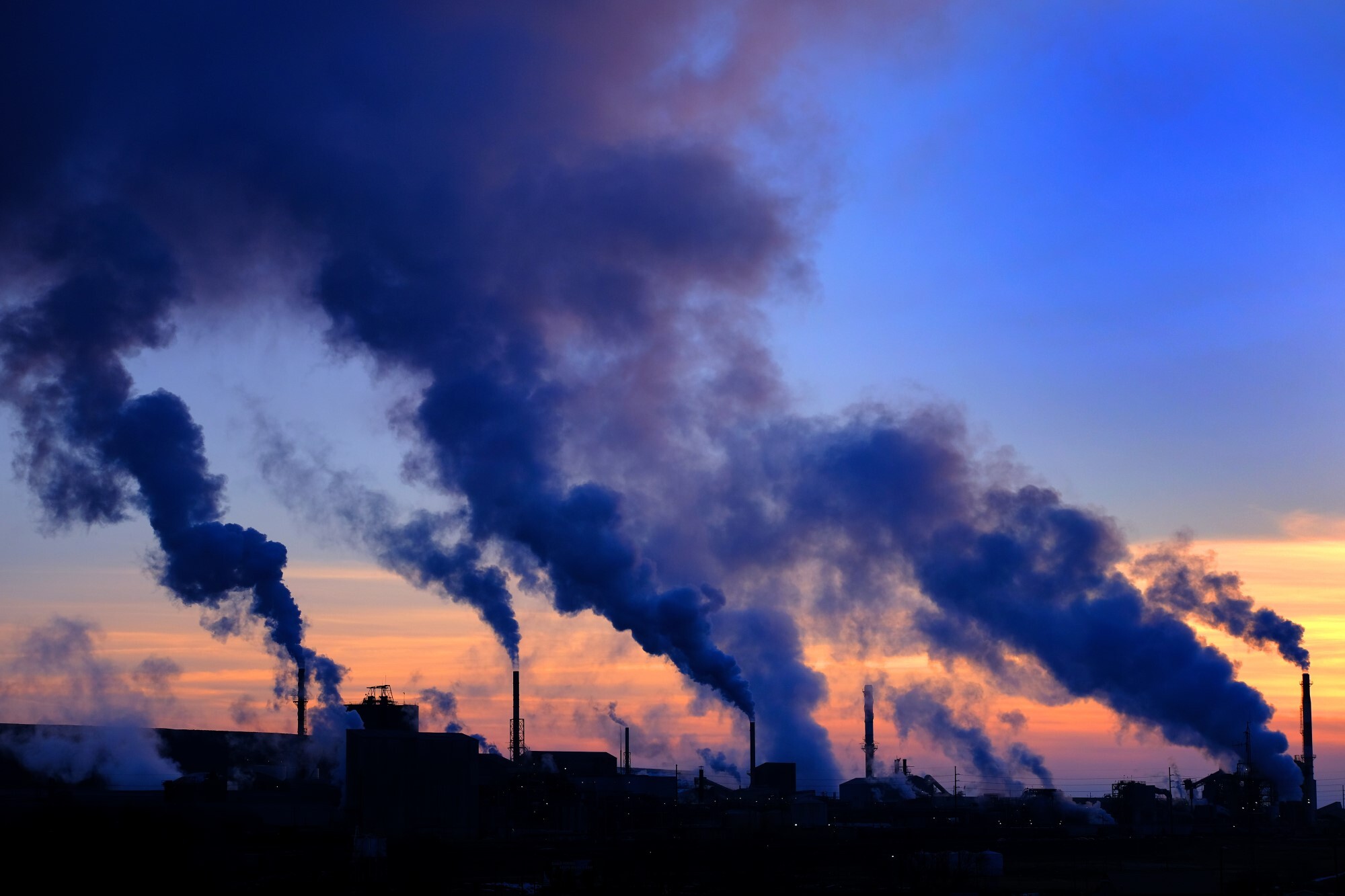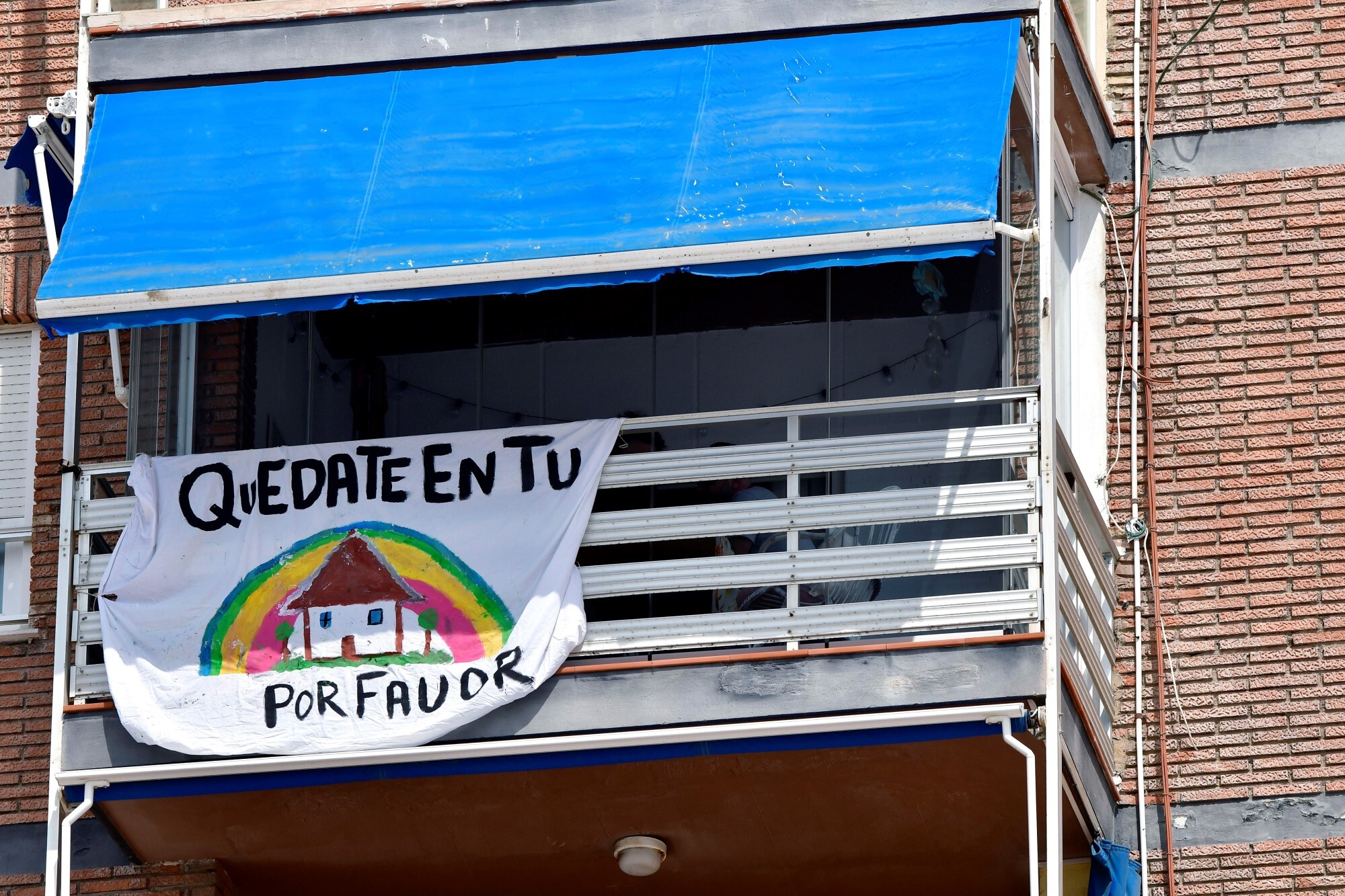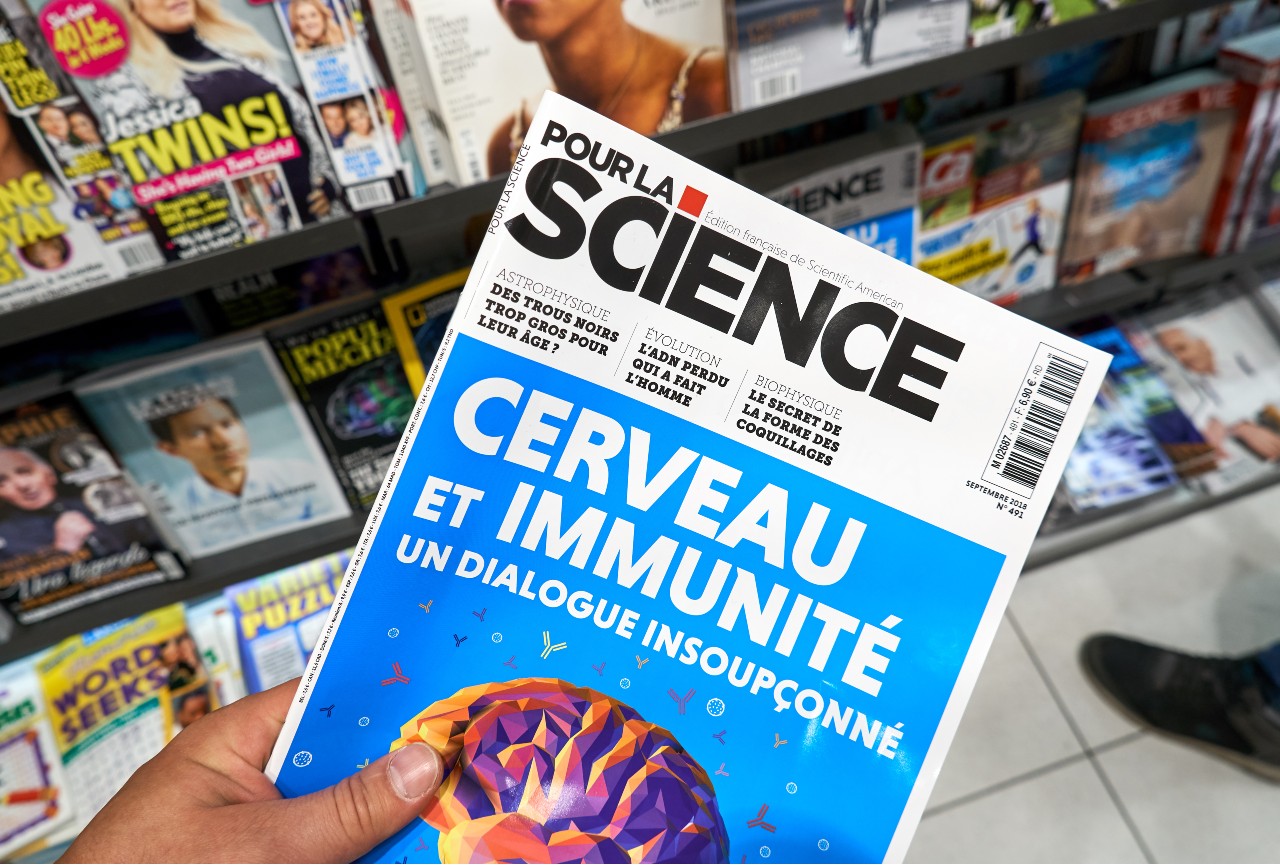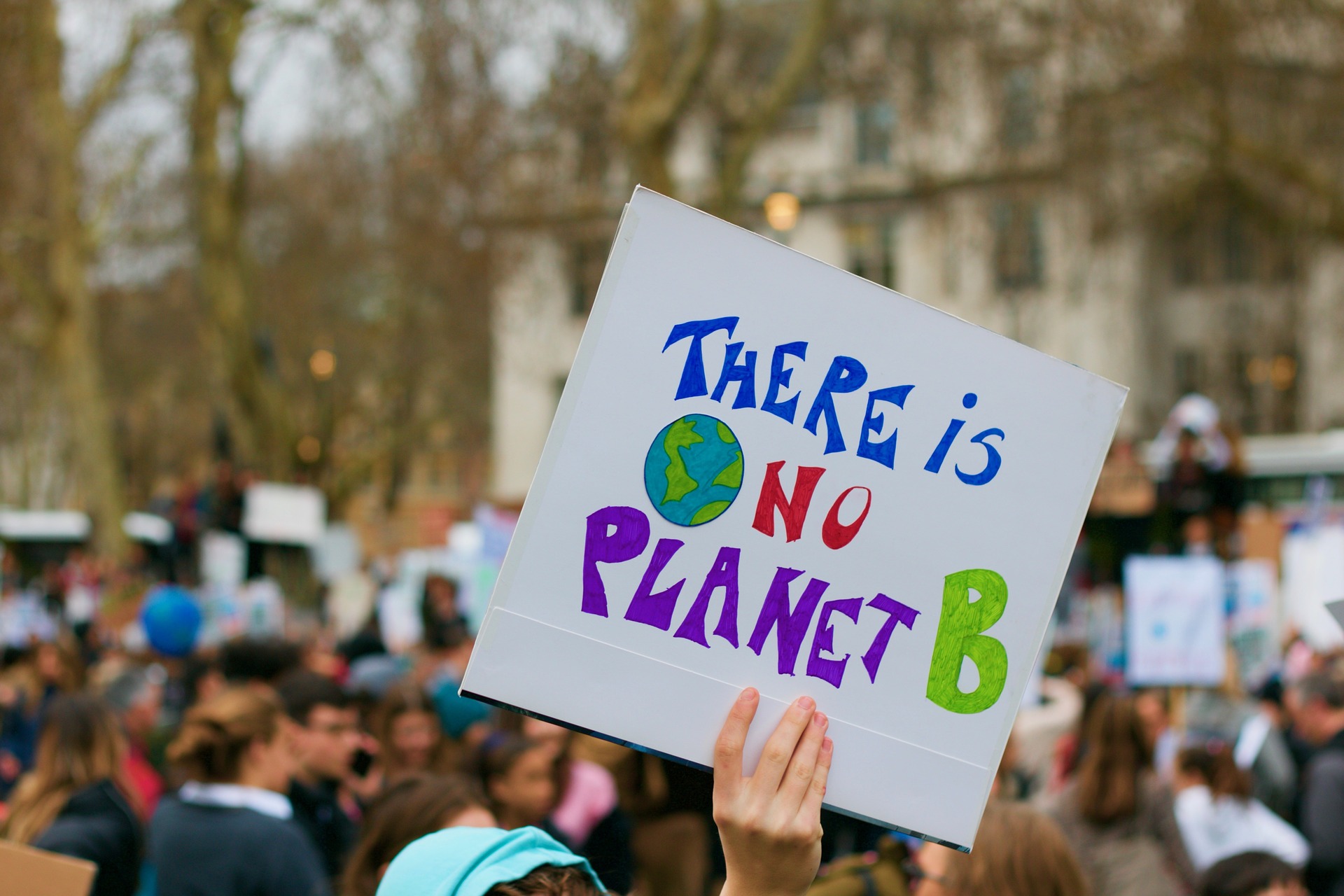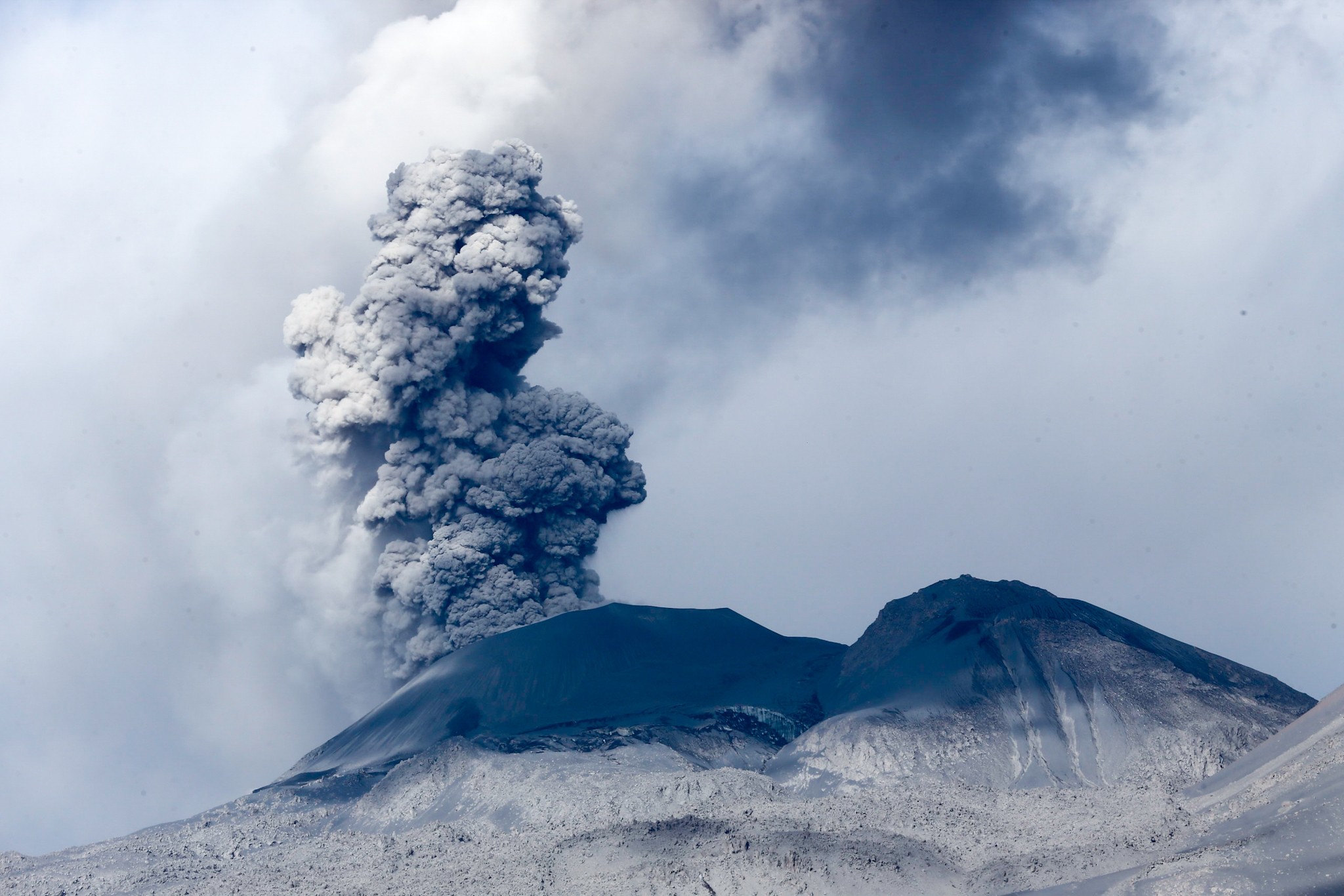Reaction to the release of the IPCC Panel III (Mitigation) report
The Intergovernmental Panel on Climate Change (IPCC) has just approved the study on measures to curb the climate crisis on which more than 200 authors from around the world have been working for three years. It is the report of Working Group III and is the final component of the IPCC's Sixth Assessment Report.
